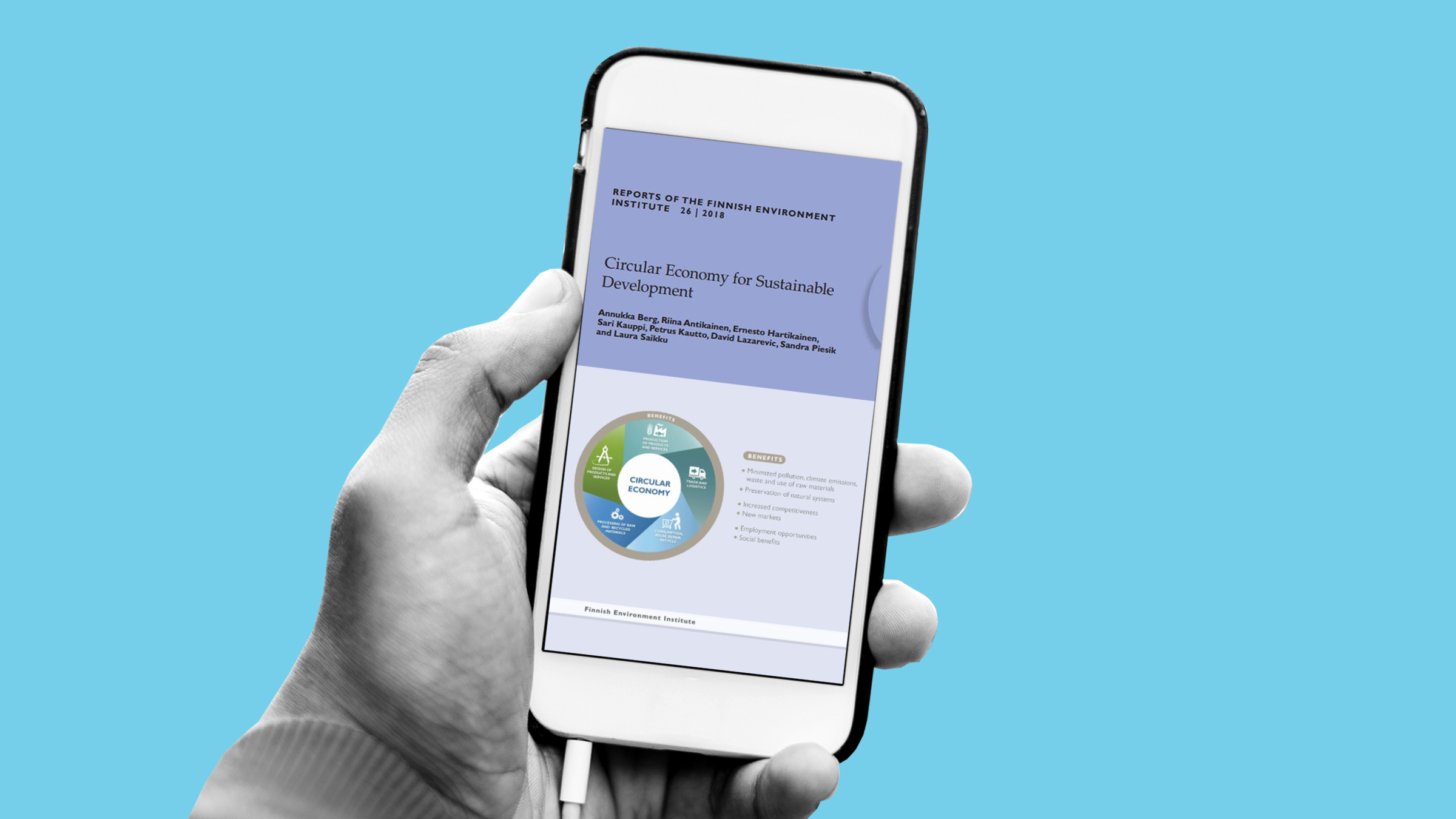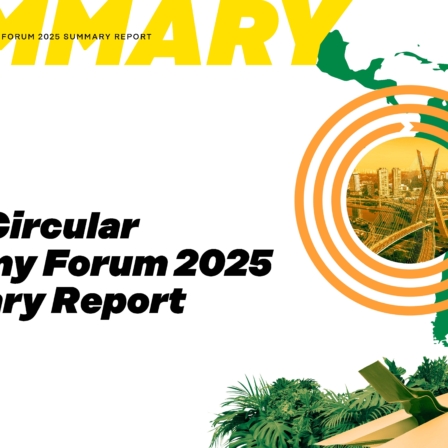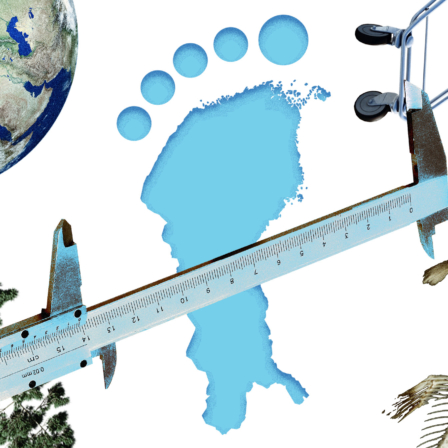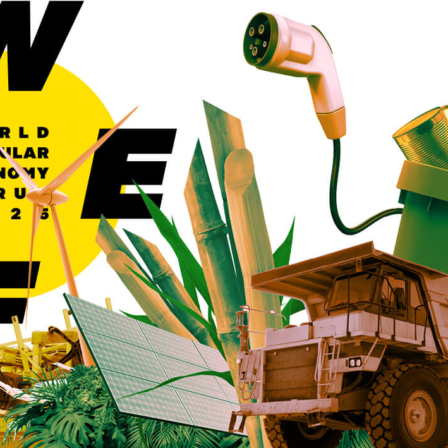The circular economy The circular economy An economic model which does not focus on producing more and more goods, but in which consumption is based on using services – sharing, renting and recycling – instead of owning. Materials are not destroyed in the end, but are used to make new products over and over again. Open term page The circular economy is a new paradigm for economic development which has significant environmental, economic and social benefits on a global scale. It highlights the notion of replacing the ‘end-of-life’ in current production and consumption practices by reducing, reusing, and recycling products and materials in production, distribution and consumption processes. Promoting circularity aims to accomplish sustainable development, and the circular economy has links to many of the 17 Sustainable Development Goals (SDGs) approved by the United Nations in 2015.
This report has been published by the Finnish Environment Institute (SYKE) as a background contribution requested by the independent group of scientists writing the Global Sustainable Development Report (GSDR) 2019. The GSDR 2019 is the first in a series of comprehensive, in-depth reports that will be produced every four years to inform the High-level Political Forum on Sustainable Development convened under the auspices of the General Assembly. The report has been co-authored by Sitra’s Ernesto Hartikainen.
The report seeks to provide a condensed package on the circular economy; the concept, its history, potentials, business opportunities, management and measurement. Some of the key messages entail that moving towards a circular economy presents vast opportunities for businesses of various kind, and that increasing the material circularity of the economy can also be a way to alleviate poverty. Yet, the systemic and disruptive changes required for a circular economy transition will not take place without significant changes to existing regulatory structures.
Read more: helda.helsinki.fi/handle/10138/251516

















Recommended
Have some more.